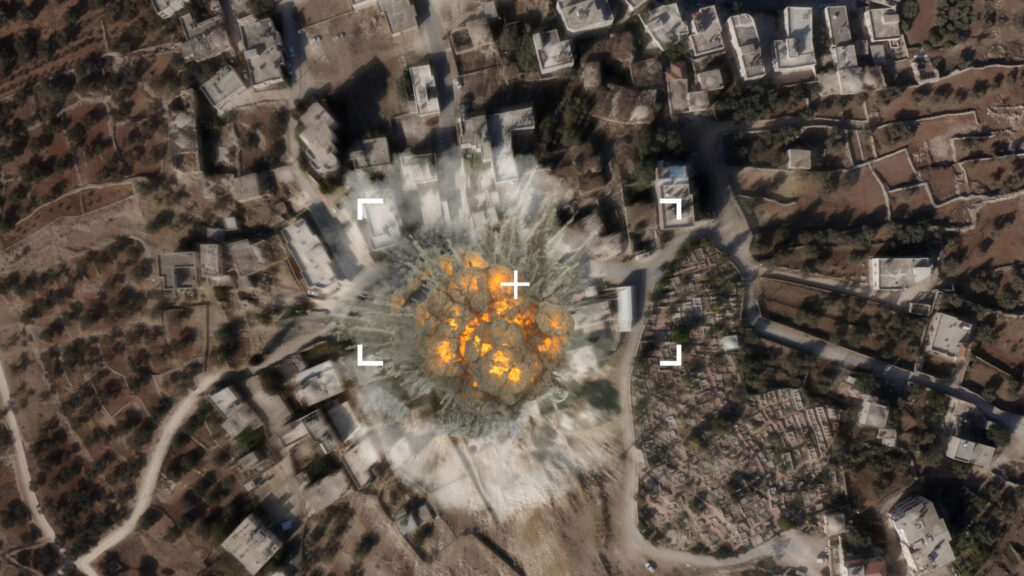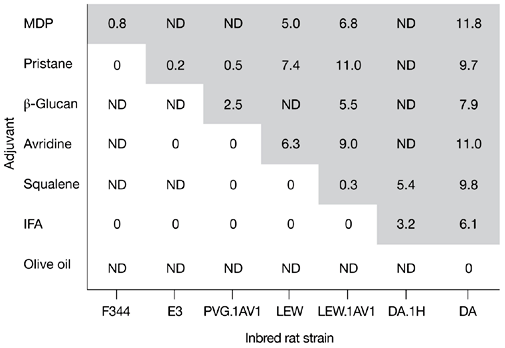
- Select a language for the TTS:
- UK English Female
- UK English Male
- US English Female
- US English Male
- Australian Female
- Australian Male
- Language selected: (auto detect) - EN
Play all audios:
As it has been forced to do so many times in the past, the Department of Defense (DOD) is walking back claims that a May 3 strike in Idlib, Syria killed a “senior al-Qaeda leader” in the
face of compelling evidence that the man targeted, Lotfi Hassan Misto, was a civilian—a 56-year-old shepherd and father of ten. In interviews with the _Washington Post_, his family, friends,
and neighbors described him as a well-known member of the community with no ties to al-Qaeda, who was tending to his sheep when he was killed by a U.S. Predator drone. Unfortunately, this
strike is not unique. Like the high-profile civilian harm incidents in Kabul, Afghanistan and Baghuz, Syria, this appears to be one of many strikes over the past twenty years that have
killed civilians due to misidentification, bias, or negligence. The vast majority of these strikes also did not receive the robust investigations, acknowledgement, and amends or redress they
deserved. In August 2022, recognizing these persistent shortcomings, Secretary of Defense Lloyd Austin released the Civilian Harm Mitigation and Response Action Plan (CHMR-AP), a plan to
improve how the United States prevents and responds to civilian harm. While implementation of the CHMR-AP is still underway, the seriousness with which the Department handles this incident
is a litmus test for its commitment to these reforms. Last week, CNN reported that the U.S. military is set to launch a formal investigation, known as an Army Regulation 15-6, into the
incident. Here are some things we’ll be looking for as they do so. A ROBUST INVESTIGATION Our organizations, Center for Civilians in Conflict (CIVIC) and Columbia Law School Human Rights
Institute, spent two years reviewing over two hundred 15-6 investigations into civilian harm released by the U.S. Central Command. Our research found the U.S. military tends to rely
primarily on internal records and sources when assessing civilian harm, and rarely seeks information from witnesses or survivors of attacks or visits the site of strikes. We also found the
U.S. military tends to be highly skeptical of external information, such as reports from civil society and the media. These groups often have access to information which DOD lacks, including
from witness and survivor interviews, site visits, and meticulous background documentation. A Pentagon-commissioned RAND study similarly concluded that DOD relied on incomplete data in
conducting its civilian harm assessments and investigations. As the Department conducts the 15-6 investigation into the May 3 strike, it should not rely solely on internal military records
and interviews with personnel involved in planning and carrying out the incident–as it has too often in the past. Instead, it should give significant weight to external reporting, including
reports from civil society and the media that include information the U.S. government lacks, such as original interviews, photographs, and video. With their consent, the Department should
endeavor to conduct interviews with civilian witnesses and survivors, and solicit information from them or their representatives. Notably, Objective 7 of the CHMR-AP mandates the
establishment of Department-wide procedures for assessing and investigating civilian harm, including the expansion of sources of information used in such investigations. While specific new
procedures will be laid out in the forthcoming Department of Defense Instruction on Civilian Harm, the Department already has the ability to order and carry out a rigorous and thorough
investigation into the Idlib strike and similar incidents. TRANSPARENCY For public institutions to be held accountable, the public must be able to independently understand and assess their
actions, rather than being asked to rely on broad assurances from public officials. The civilians impacted by this strike, as well as the public at large, have a right to know what happened,
including why Lotfi was targeted, whether any wrongdoing was found, and whether anyone will be held accountable for his death. They also deserve to know what steps will be taken to respond
to the incident and prevent similar recurrences in the future. When its review is completed, DOD should publicly release the full investigation and its findings, with minimal redactions only
to protect the privacy and security of individuals or narrowly as required to protect national security. Overbroad classification should not be used to foil the requirements of democratic
accountability. The Department should also release the many previous investigations that have never been made public, including the recent investigations into the 2019 Baghuz and 2021 Kabul
strikes. AMENDS AND ACCOUNTABILITY Amends for civilian harm can take multiple forms, including acknowledgement and apologies for harm, _ex gratia _or condolence payments, and other
assistance in accordance with the needs and preferences of victims and survivors. Unfortunately, the U.S. military has largely failed to make amends for harm over the past two decades,
notwithstanding the fact that Congress has repeatedly allocated $3 million annually in the last few years for payments to civilians harmed in U.S. operations. Despite the availability of
this funding, numerous cases deemed credible by the Department itself, and the ability to contact civilian survivors through civil society representatives, the Department made zero payments
in 2020 and just one in 2021, the most recent year for which this information is available. Objective 8 of the CHMR-AP commits the Department to improve how it acknowledges and responds to
civilian harm (though the plan does not include an explicit commitment to ensuring amends in the many cases deemed credible before the CHMR-AP was created, a glaring gap in accountability).
If the pending investigation finds that a civilian was killed, as looks increasingly likely, the Department should swiftly provide amends in consultation with the victim’s family or
representatives, including issuing a formal apology and offering _ex gratia _if desired by the family. Beyond amends, the Department should also ensure – and be transparent about –
individual and institutional accountability measures if the investigation finds that wrongdoing occurred, including potential violations of domestic or international law, as well as
non-criminal wrongdoing such as disregard for established policy or guidance. NON-REPETITION None of the steps above can bring back a lost loved one. Even if all these measures are taken,
DOD’s efforts to address civilian harm resulting from U.S. military operations abroad will still fall short absent guarantees that these kinds of mistakes will not keep reoccurring. True
accountability must include non-repetition, ensuring that the prevention of civilian harm is prioritized in the first place. As noted above, the Department should be thorough and transparent
about what went wrong in the Idlib strike and why, and what steps it will take to learn from this devastating incident and ensure it does not happen again. The Department should also
clarify its position on key legal principles at play, including the presumption of civilian status. Under customary international law, it is well established that when there is doubt about a
person’s civilian status, they should be considered a civilian. The DOD Law of War Manual does not reflect this commitment, reflecting fundamental legal errors. In response to concerns
raised by members of Congress, the Department is currently reviewing the Law of War Manual. That review should rectify these errors to emphasize the importance of the presumption of civilian
status. It should also address other errors that may endanger civilians, such as the U.S. interpretation of “direct participation in hostilities” and civilians’ assumption of risk. Civil
society and external experts should be thoroughly consulted as part of this review. Over the next several weeks, the Pentagon has the opportunity to act on the commitments and principles
enshrined in the CHMR-AP. In an interview with CNN, National Security Advisor Jake Sullivan assured viewers that the Department’s new policies would ensure accountability for any potential
civilian casualties. For that to be true, the Department must break from past practice and take concrete steps in line with the new standards it has pledged to follow. _IMAGE: DRONE STRIKE
FEED (VIA GETTY IMAGES)._ FEATURED IMAGE: Air strike on Terrorist home, drone attack view Drone view over village in middle east bombarding target







